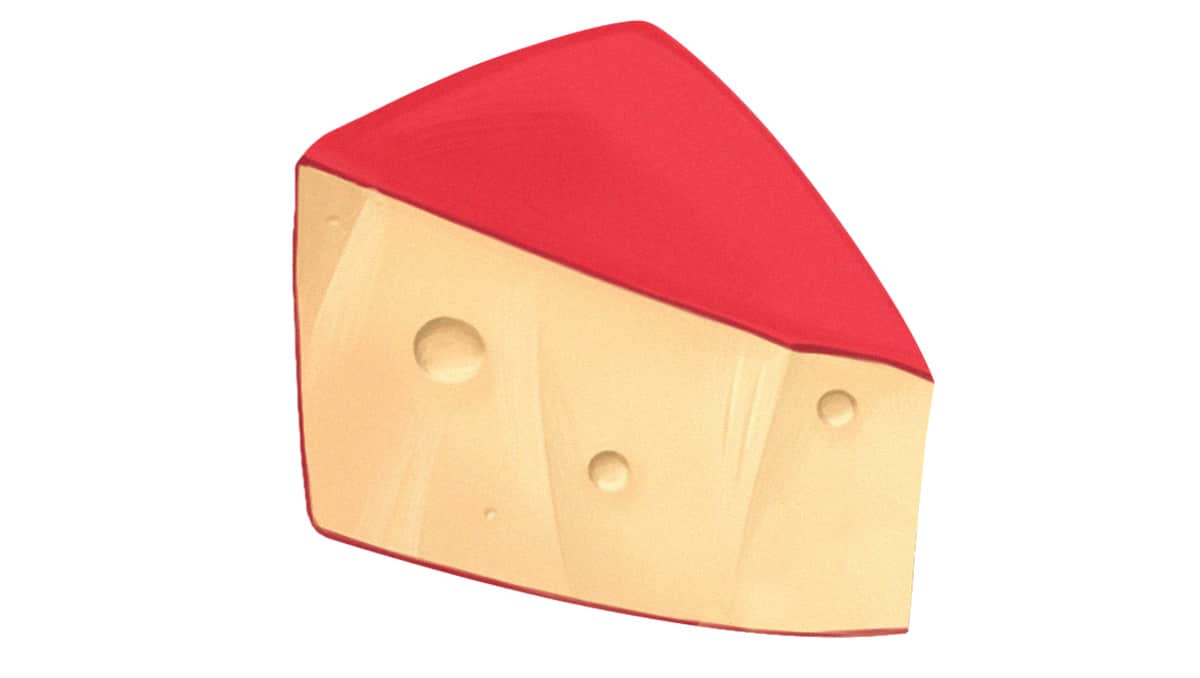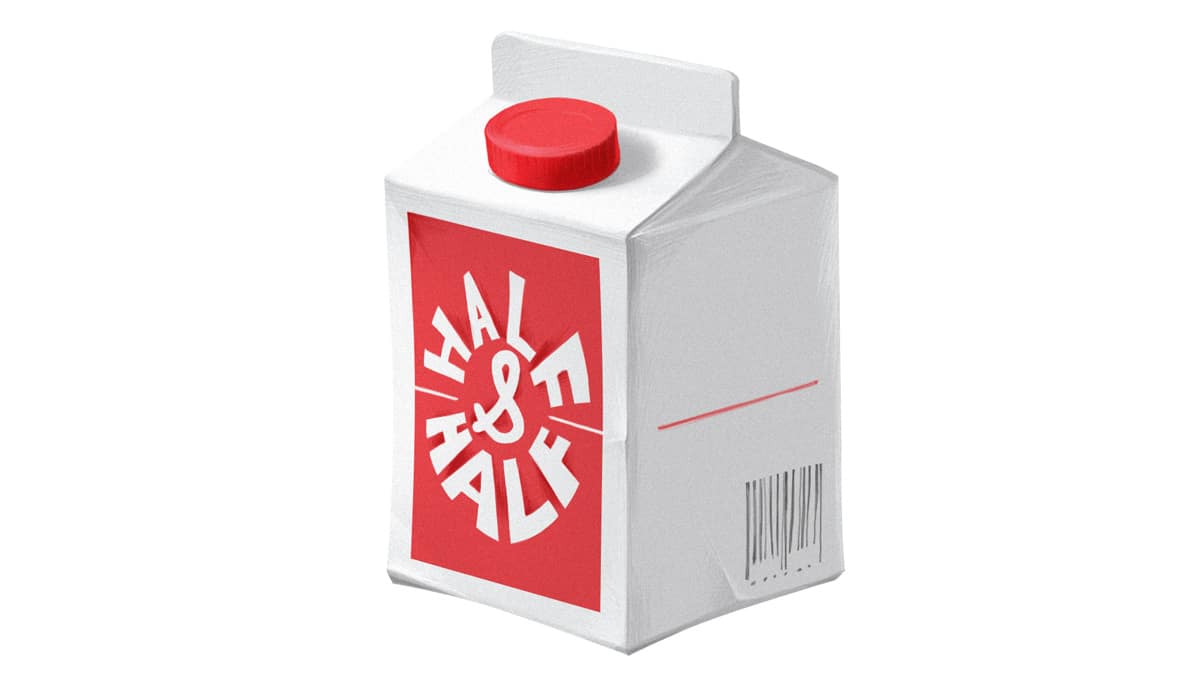Dairy is a pretty contentious topic in the Paleo world - some people love it; some people hate it; some people will eat only butter but not cheese or yogurt; some people eat only goat or sheep but not cow...
But for low-carb or keto dieters specifically, there are some extra considerations. On the one hand, the carbs in cheese and heavy cream do suddenly become significant if you’re running up against a hard limit of 20 grams net carbs per day. But on the other hand, dairy foods provide critical nutrients to supplement an otherwise extremely limited low-carb diet - and they’re just plain delicious. Here’s a look at the pros and cons to help you decide if dairy is really right for you.
Benefits of dairy for Low-Carb Diets
Nutritional variety

How do you make sure you’re getting enough nutrients in your diet? A few people can keep up with meticulously tracking and micromanaging everything, but most people can’t stick with that for long - and they shouldn't have to, because it’s incredibly tedious and we all have more important things to do than stress about dietary phosphorus.
The typical Paleo approach is much simpler: eat a wide variety of nutrient-dense plant and animal foods, and your RDAs will take care of themselves. Needless to say, this becomes a lot more complicated when your carb count is so limited that many vegetables and all fruits are off the table! You might not feel psychologically deprived on keto, and that’s great, but the fact is that you’re cutting a lot of foods out of your diet.
Including dairy foods gives you one more type of food to work with and increases your nutritional range. For example, you can get plenty of calcium without dairy, but dairy is one great source - even if you’re faithfully chewing through piles of turnip greens and collards, it’s always nice to have a backup.
Healthy fat
Dairy fat is also really good for you - in fact, high-fat dairy is actually associated with better health in several studies. In particular, dairy fat from pasture-raised animals is a great source of conjugated linoleic acid (CLA), which is very hard to find from any other food. CLA has a bunch of health benefits - including possible perks for weight loss. The more of that, the better!
Getting enough food
Dairy can also help you eat enough, which, believe it or not, can be an issue on keto. Butter, cheese, and heavy whipping cream are pretty darn calorie-dense - if you’re struggling to get enough food in (or feeling like everything you eat is disgustingly greasy), some hard sharp cheddar or a dollop of whipped cream on your favorite keto dessert could be the perfect way to add some extra nutrition.
Then there’s the taste factor - and don’t discount that! There’s a reason why butter and cheese feature so heavily in comfort-food cooking. The tastier your diet is (and the more options you have for making different low-carb foods delicious) the easier it will be to stick with it. And there are even a lot of fun crunchy low-carb crackers and cracker-like snacks that are made out of cheese
(Potential) drawbacks of dairy
Milk/dairy sensitivities
With all that said, there are some people who just don’t do well with dairy, keto or no keto. Dairy allergies (aka allergies to the proteins in milk) obviously take dairy foods off the table right away. Lactose intolerance (which is different from a dairy allergy because it’s a reaction to the sugars in milk, not the proteins), might restrict you to only butter and ghee. Some folks can only manage sheep and goat dairy, but not cow. Either way, some people just can’t tolerate dairy, or they’re very restricted in the type of dairy they can handle.
Carbs

There’s also the carb count of various dairy foods, but this is mostly a non-issue if you stick to high-fat dairy. Check it out (data from the USDA nutrition database):
- Butter: 0.01 grams net carbs per tablespoon
- Brie cheese: about 0.1 grams net carbs per cubic inch - which isn’t to say that you should measure out your brie in cubic-inch servings; it’s just to give you an idea of the carb count. An average slice will be 1-2 cubic inches, so 0.1-0.2 grams net carbs.
- Mozzarella cheese (full-fat, made with whole milk): about 0.3 grams per ½ cup of shredded cheese
- Cheddar cheese: about 0.4 grams net carbs per slice
- Whipping cream: 0.85 grams of net carbs per 2 tbsp.
- “American slices/American singles” (aka that fake plastic orange “cheese”): really, just don’t eat this ever, but if you’re going to eat it for some reason, two of those little processed slices have 1 gram of net carbs. Even the most totally over-processed type of cheese in the store doesn't have a huge net carb count.
- Half and half: about 1.3 grams of net carbs per 2 tbsp.
- Full-fat yogurt: about 11 grams net carbs per cup (low-fat and reduced-fat yogurt have even more, and besides, “low-fat” shouldn’t even be in your vocabulary if you’re eating keto).
Many other types of cheese are also very low in carbs - the ones on this list are representative examples, not the only keto-friendly choices.
Except for the yogurt, these could all fit pretty easily into a keto diet, and even the yogurt could be fine for general low-carb eaters. If you start getting into milk or low-fat dairy, the carb counts ramp up pretty fast, but there are plenty of options with quite a low carb count.
Skin Issues
Dairy is one of those foods where there really is evidence that it makes some people break out. If you’re hoping that keto will be your magic bullet for acne, and if keto + dairy isn’t doing the trick, it might be worth a trial run to see whether cutting out the cheese and cream makes the magic happen. (If you try it for a month with no results, no harm done: you can just add it back in!)
Summing it up
Dairy isn’t necessary at all - you can get plenty of calcium without it, and lots and lots of people eat perfectly healthy dairy-free diets. Cheese and butter certainly aren't required for keto or low-carb diets!
But with that said, butter and cheese are perfectly nutritious whole foods that can add a lot of value to your diet, in the form of healthy fat, protein, calcium, and other nutrients. And dairy is pretty darn tasty, which is particularly key for diets like keto that restrict a lot of tasty things. Just make sure to go for full-fat if you’re going to go for it - never the low-fat versions and definitely nothing with added sugar (check the ingredients list and carb counts).





Leave a Reply